Have you been bombarded with ads for 2025’s “revolutionary” tech products? Behind the flashy marketing lies a troubling reality because some of these new gadgets are misfires threatening your privacy, draining your wallet, and ultimately creating more problems than they solve.
Even major brands like Samsung, LG, and TP-Link have released flawed products, with security experts and environmentalists raising concerns about them. Your buying decisions matter more than ever, and that’s why we referred to experts like TechCrunch, The Verge, and Wired to narrow down some of the worst products of 2025.
5. TP-Link Routers: A Cybersecurity Nightmare
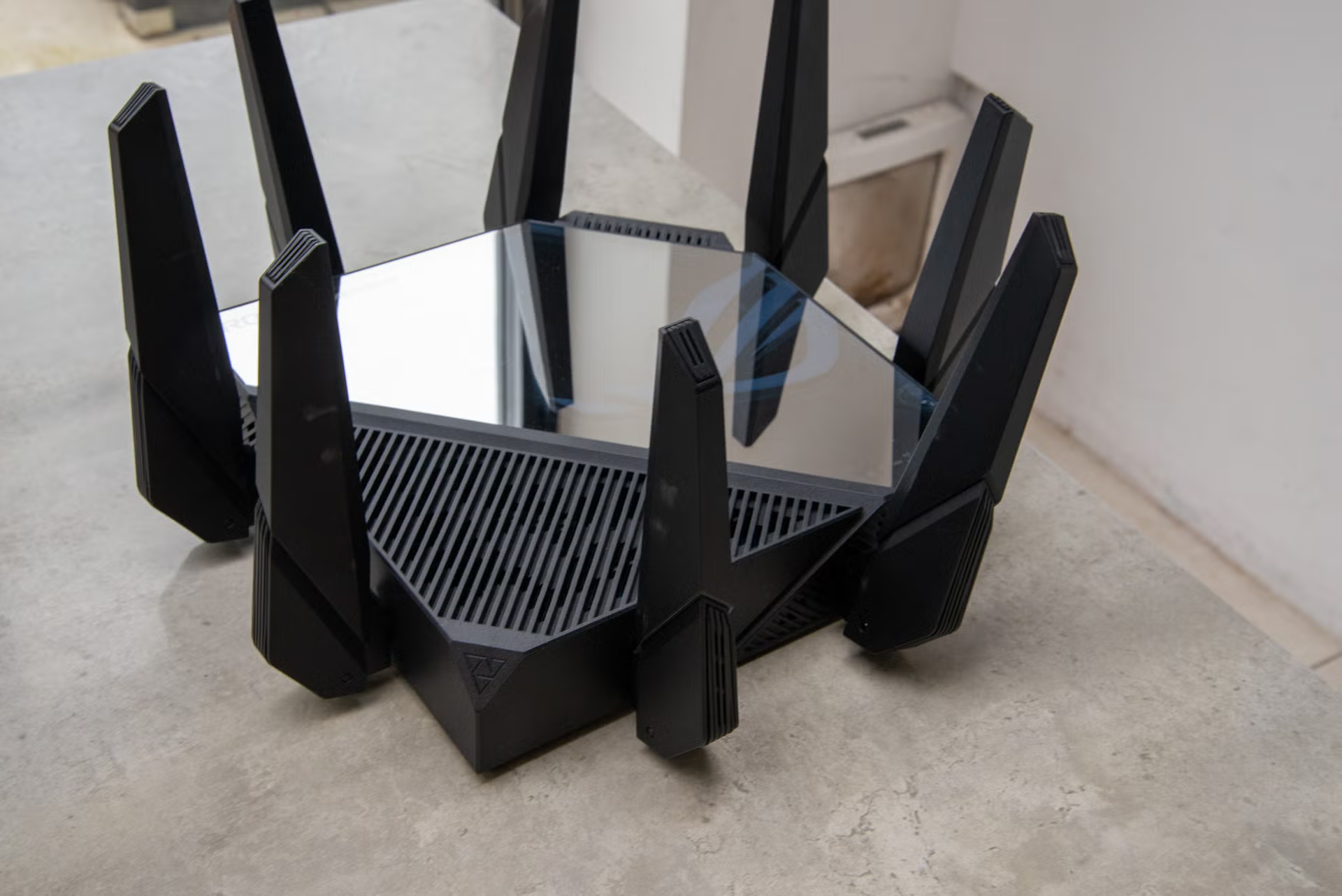
The TP-Link router lineup exposes your data to hackers while you browse, with at least 12 zero-day attacks already targeting them. What’s worse is that TP-Link must report vulnerabilities to the Chinese government before telling customers. Your network could be exposed for weeks or months before you know about it.
Chinese state-sponsored hackers have reportedly exploited these flaws already. National security agencies have issued multiple advisories, and market projections show TP-Link’s market share dropping by 20% this year. Every day you keep a TP-Link router connected is another day your personal data sits vulnerable to attack.
4. Ultra Human Rare Smart Ring: The Epitome of Unrepairability
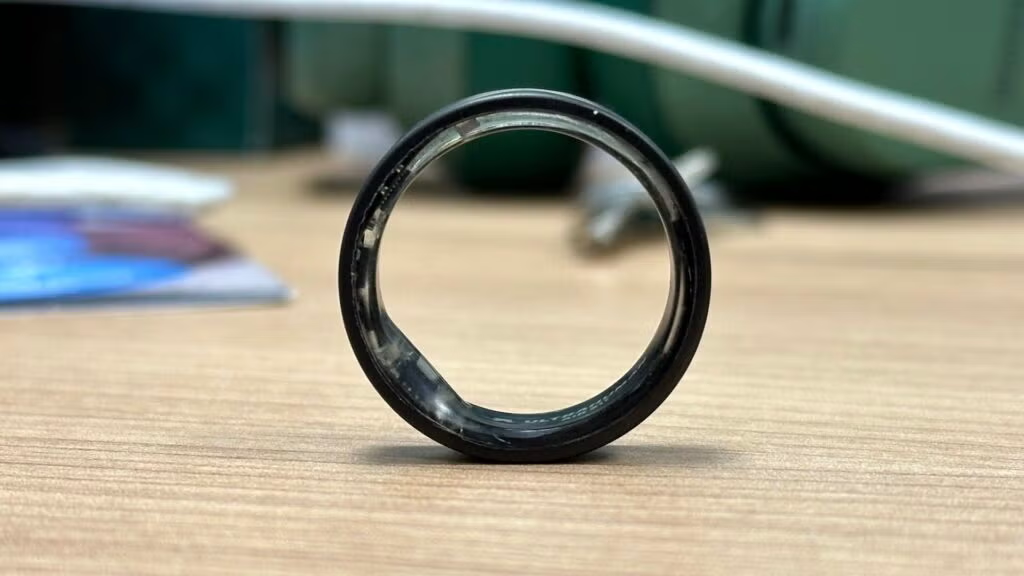
If you’re drawn to luxury wearables, the Ultra Human Rare smart ring will drain your wallet of $800 for a device that dies after 18 hours of use. And when the battery dies permanently? Tough luck.
The ring is glued together so thoroughly that trying to replace the battery destroys it – iFixit gave it a 0/10 repairability score. For the price of this disposable ring, you could buy four quality fitness trackers that actually last for years.
3. Bosch’s reval AI-Enabled Bassinet: Exploiting Parental Anxiety
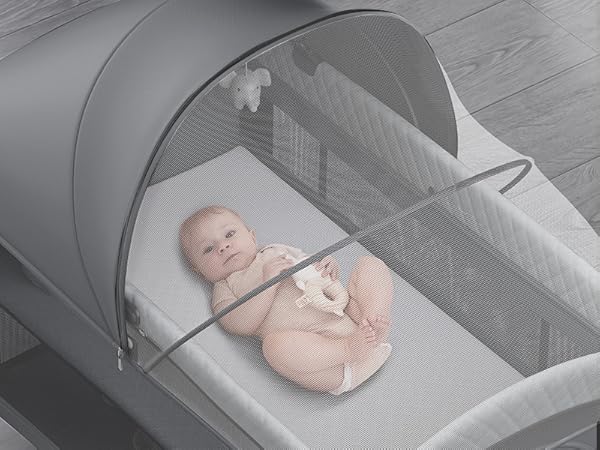
New parents will have to sacrifice privacy for peace of mind with Bosch’s $3,000 bassinet that tracks everything while sending your family’s most intimate data straight to their cloud servers. Sleep patterns, heart rate, and other vitals all become vulnerable to breaches and unauthorized access.
Child privacy advocates and cybersecurity experts have slammed it. The bassinet might offer advanced monitoring and soothing features, but those who are planning for a newborn should skip the high-tech bassinet and invest that $3,000 in a college fund instead.
2. Samsung’s Bespoke AI Appliances: The ‘Who Asked For This?’ Award
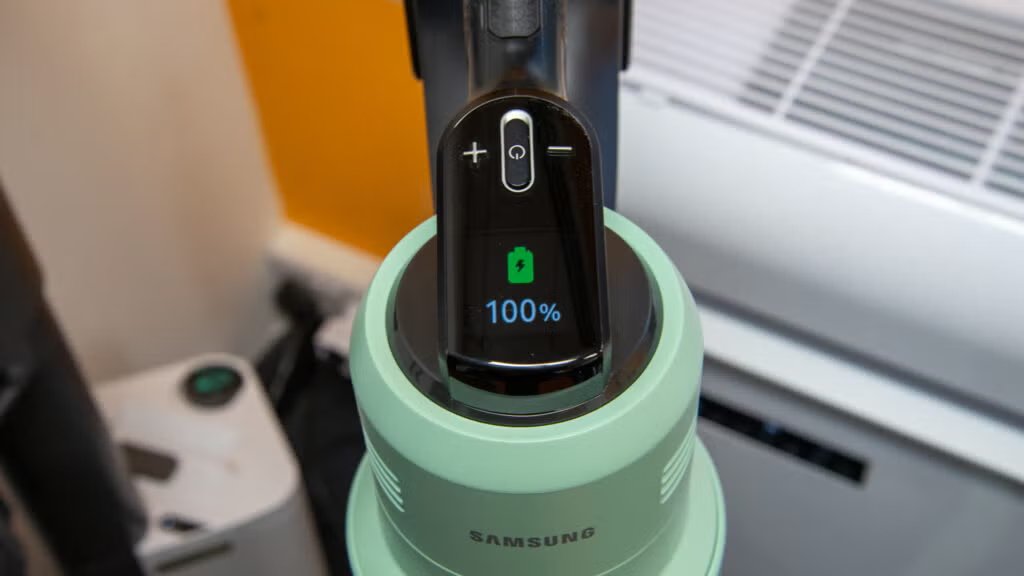
The Samsung Bespoke line adds touchscreens, voice control, and cameras to basic home appliances, letting you make phone calls from your washing machine. The added complexity doesn’t add any real value – it just makes repairs more expensive when they break.
Who Asked For This? Washing machines with fewer components break down less often than unnecessarily complex models.
1. LG’s Home Inside AI-Enabled Refrigerator: Have GPT Hallucinate Carrots
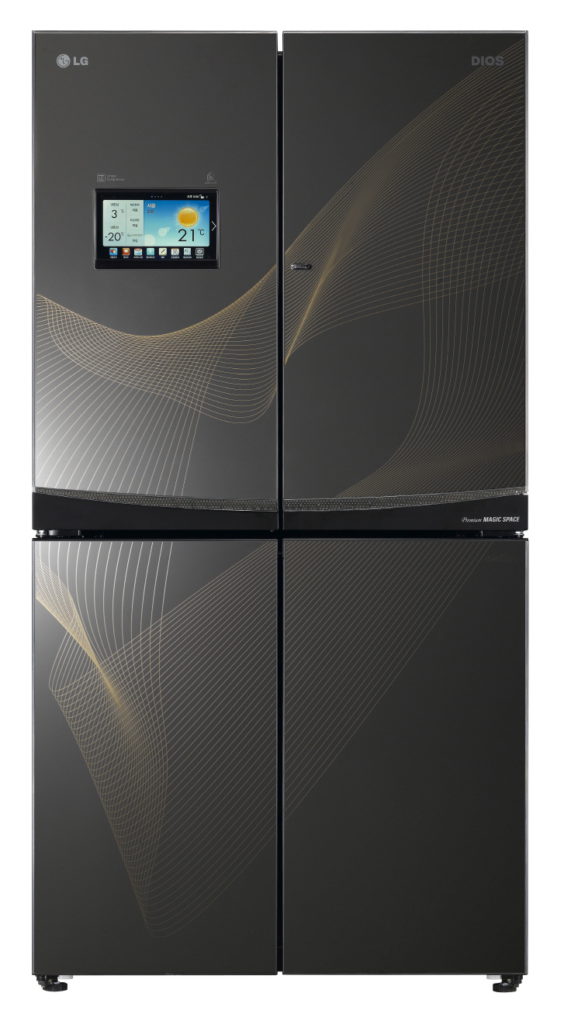
Food storage gets unnecessarily complicated with LG’s latest fridge, packed with screens, cameras, and sensors that have nothing to do with keeping food cold. Instead of focusing on reliable cooling and durability, LG added internet features no fridge needs.
Appliance reviewers trashed it, and initial sales have missed projections by 40%, showing that consumers aren’t buying the hype. When your milk spoils because your fridge decided to update its software instead of maintaining temperature, you’ll wish you’d bought a simpler but more effective refrigerator.




























